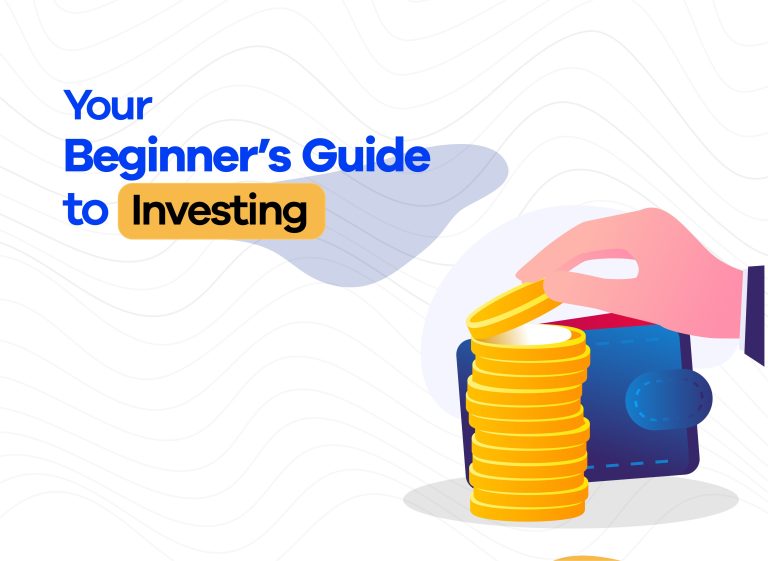Let us talk about something that does not come up enough, money boundaries. Setting them might feel a bit uncomfortable at first, but they are a total game-changer when it comes to managing stress and taking control of your finances. Without clear boundaries, it is easy to get caught up in saying “yes” to everything lending money you cannot spare, overspending on outings, or putting everyone else’s needs ahead of your own. Sound familiar? You are not alone.
So, how do you create healthy money boundaries that actually work? Let us break it down step by step, starting with what they even mean in the first place.
What Are Money Boundaries?
Think of money boundaries as your personal financial rules the ones that help you align your spending with what truly matters to you. For example, you might decide, “I will not touch my savings for rent, no matter what,” or, “I will only spend ₦15,000 on fun stuff this month.” These are not about being stingy or selfish. They are about making sure you stay financially stable and manage the expectations of yours and others.
Why Do Money Boundaries Matter?
Here is why they are such a big deal:
- They Reduce Stress. When you do not set limits, you might find yourself overcommitting financially, which often leads to anxiety or even debt.
- They Encourage Independence. Not just for you, but for the people around you too. Boundaries stop you from being the go-to person for constant borrowing.
- They Align Your Actions with Your Goals. Whether it is paying off debt, or just sticking to a budget, boundaries keep you focused on what really matters.
- They Strengthen Relationships. Setting clear expectations helps avoid misunderstandings, especially when money is involved.
How to Set Healthy Money Boundaries
Step 1: Get Clear on Your Goals
Before setting boundaries, ask yourself what are my financial priorities? Is it an emergency fund? Paying off debt? Saving for a dream vacation? Once you know your goals, it becomes easier to figure out where to draw the line.
Step 2: Pinpoint Your Stress Triggers
Where does money stress you out the most? Maybe you feel obligated to lend to family, overspend on social events, or buy things just to keep up appearances. Identifying these pain points shows you where you need boundaries the most.
Step 3: Be Honest and Clear
When it is time to communicate your limits, say it in a way that feels natural but firm. For example:
- I would love to help, but I am focusing on my savings right now, so I cannot lend any money.
It is not about being mean. It is about being honest with yourself.
Step 4: Use Tools to Stay on Track
Technology can make sticking to your boundaries much easier:
- Open a separate account for savings so you are not tempted to dip into it.
- Set up automated transfers to hit your goals without even thinking about it.
Step 5: Get Comfortable Saying No
This can be tough, especially if you are a people-pleaser. But saying no does not mean you do not care. It just means you are prioritizing your financial health. For example:
- Thanks for thinking of me, but I have other priorities at the moment.
Step 6: Check In and Adjust
Your boundaries are not set in stone. As your income, goals, or situation changes, your limits might need tweaking too. Got a raise? Maybe you loosen your budget for fun stuff. Hit a big savings goal? Time to set a new one.
Examples of Healthy Money Boundaries
- Social Spending: Decide you will only spend ₦30,000 a month on going out. Once you hit that limit, politely decline.
- Family Lending: Create a set amount each month. Once it is empty, you stop lending. No exceptions.
- Gift Giving: Set a maximum amount for birthdays or holidays, so you can celebrate loved ones without breaking the bank.
What to Do If Someone Crosses Your Boundaries
Sometimes, people will push your limits, and that is okay if it happens. Here is how to handle it:
- Acknowledge what went wrong. Did you cave and lend money you should not have? Own it without beating yourself up.
- Gently but firmly reinforce your boundary.
- Adjust your approach if needed. For instance, you might need to be clearer next time.
Setting money boundaries is not about being stingy or selfish. It is about saying yes to your long-term goals. When you stick to your limits, you will feel more in control, less stressed, and even improve your relationships. And remember, you are not just setting rules for the sake of it you are creating space to live a life that aligns with your values.
So, what boundary will you set today?


